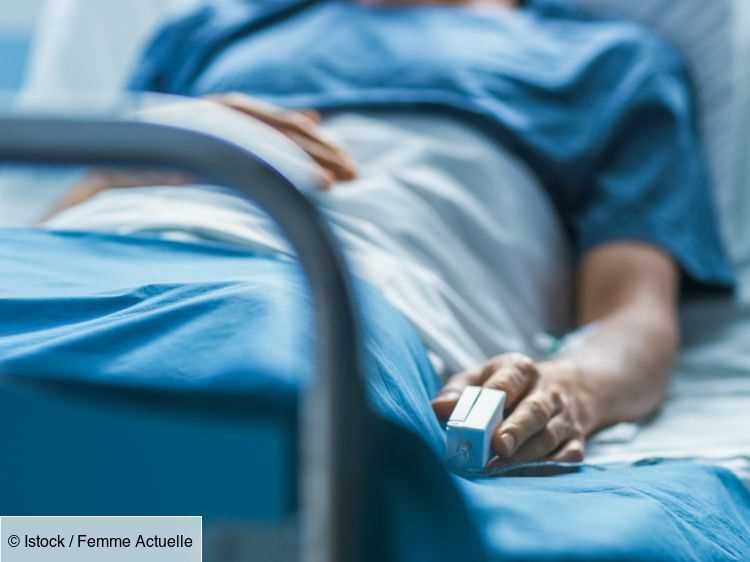Fever, cough, difficulty breathing, headache and throat pain, loss of smell and taste … In France, the coronavirus pandemic continues to spread. About 7,000 patients were placed in intensive care in the various hospitals. For the moment, the sequelae of severe forms of the virus are not yet all known, but several hypotheses have been put forward by specialists.
Covid-19: pulmonary and muscular sequelae
In the most severe cases of Covid-19, the duration of resuscitation can be up to eight weeks. "The main problem is actually the 5% of patients who go to intensive care because these patients are going to have pulmonary sequelae of coronavirus infection, but also sequelae of resuscitation " David Mispelaere, pneumo-oncologist at Cesson-Sévigné private hospital, told France Info.
According to him, patients in intensive care are more likely to develop pulmonary fibrosis (perforation of one or more lungs causing respiratory discomfort). This pathology also causes a lack of oxygenation in the blood. "Sfor the long term, these patients will need oxygen or ventilation " added the specialist.
Resuscitation: difficulties in resuming walking
"The fact of being intubated, ventilated, sedated, causes a hyper-metabolism of the body, which therefore means that we consume too many calories" informed the pneumo-oncologist. "So the muscles melt. You can also have complications when you return to walking since the leg muscles have also melted. " The specialist also noted that other pathologies such as renal failure or pulmonary thrombosis can be caused by immobilization.
Another serious consequence related to resuscitation: post-traumatic stress disorder. This psychological sequelae is characterized by insomnia, isolation, fear or excessive anger. "All of this is regressive, but it takes time, years to recover. And you don't recover the same way at 20 or 80"also revealed Professor Jean-Michel Constantin, anesthesiologist-resuscitator at the Pitié-Salpêtrière hospital to our colleagues at France Info.
Read also :
⋙ Coronavirus: PCR, serological or rapid tests, what do they consist of?
⋙ Coronavirus and eczema: advice from dermatologists to protect your skin
⋙ Coronavirus: why should you continue to wash your hands regularly, even when you are at home?
